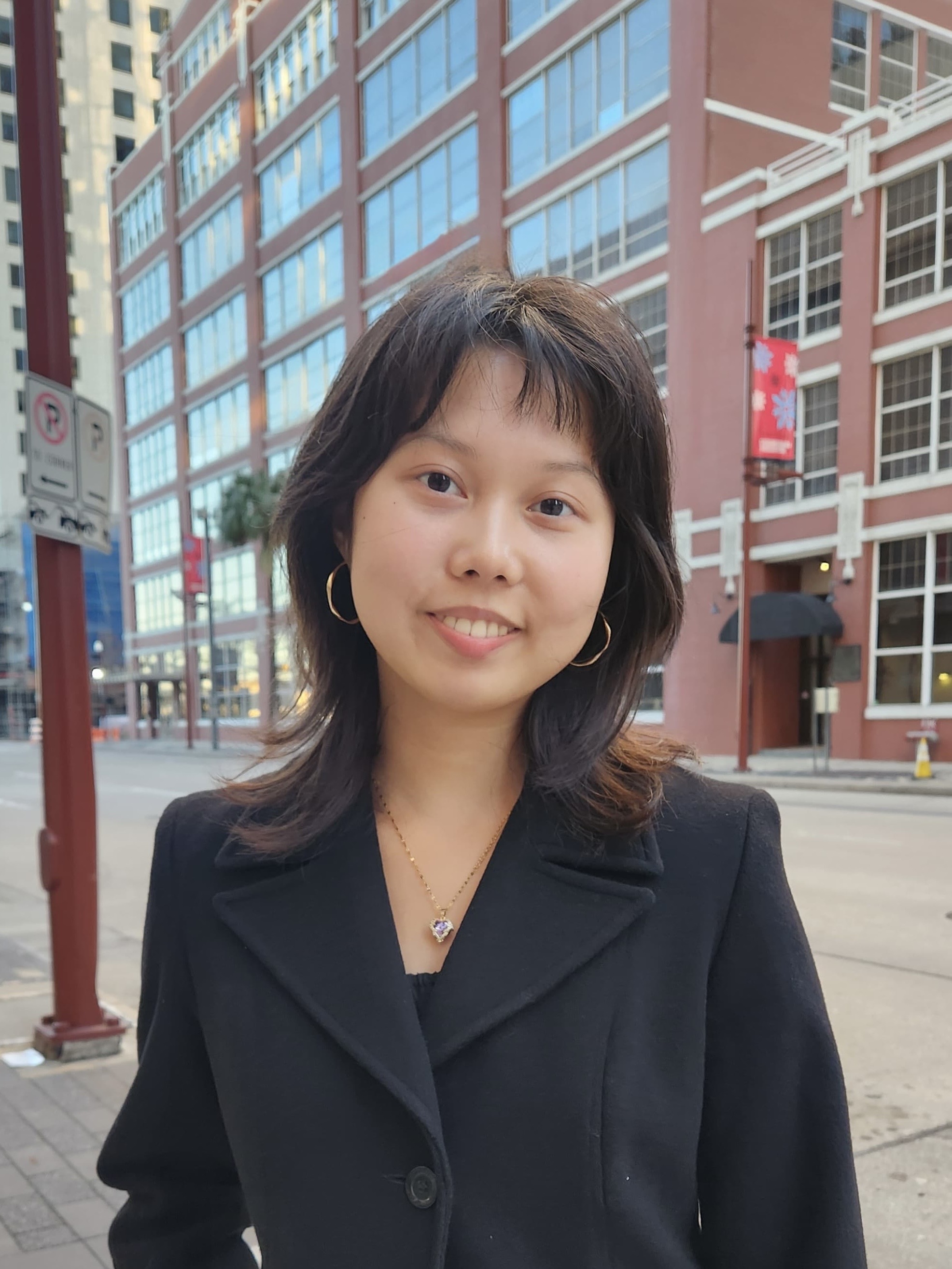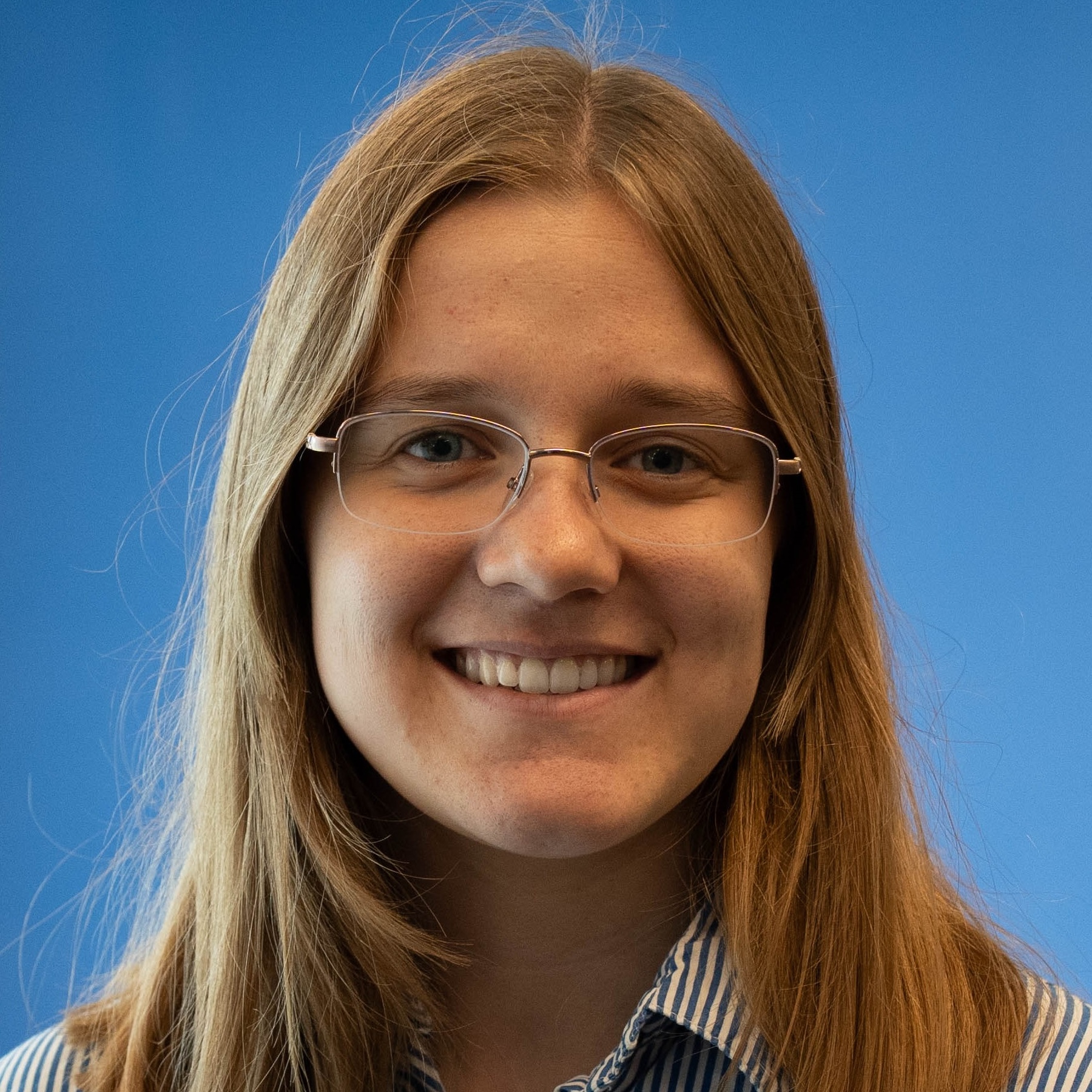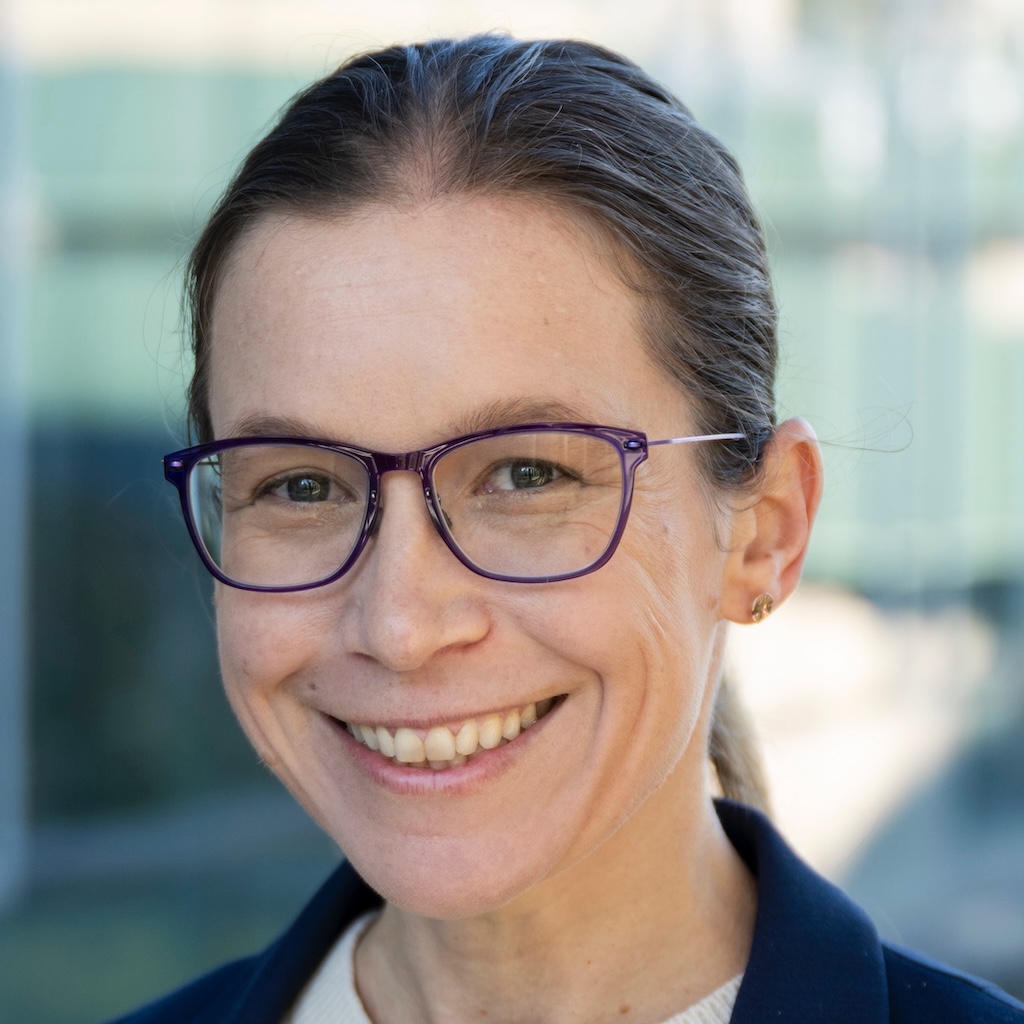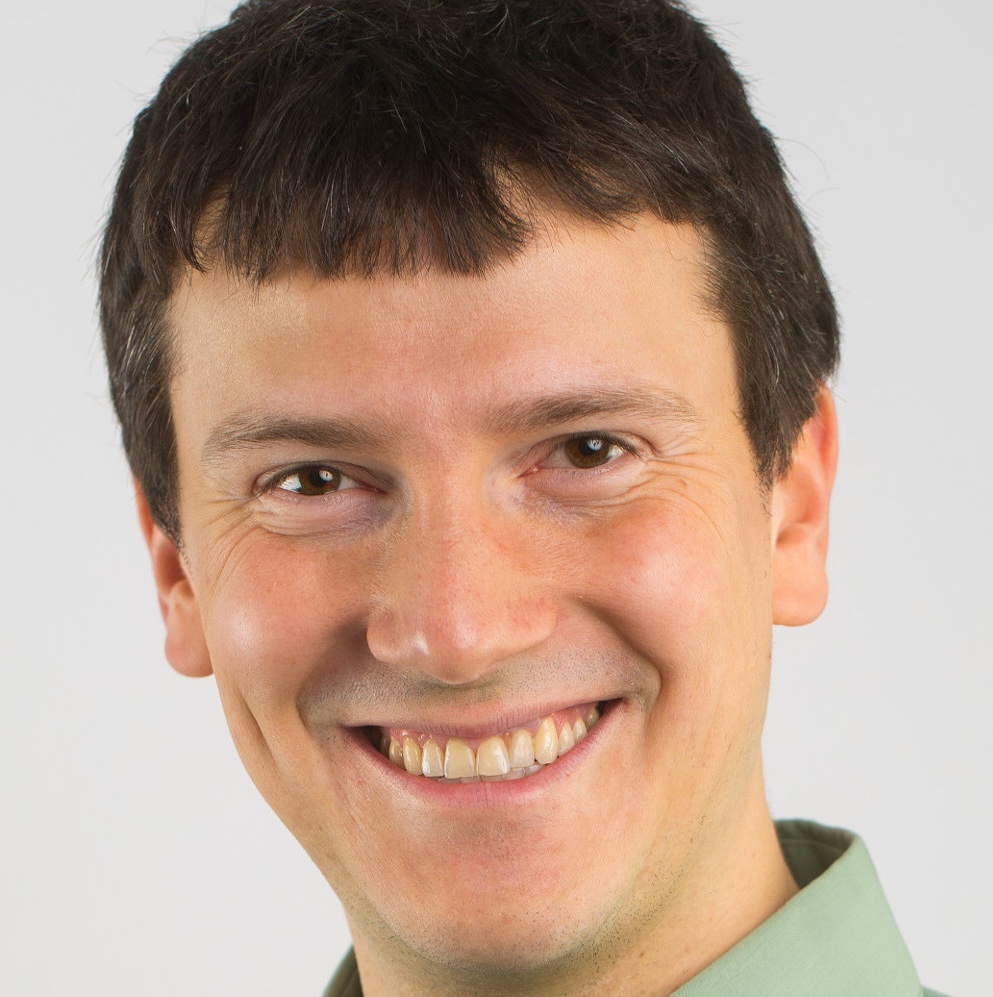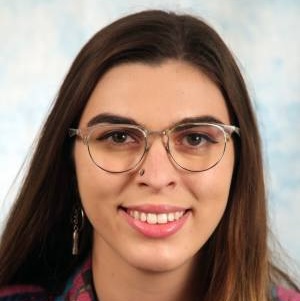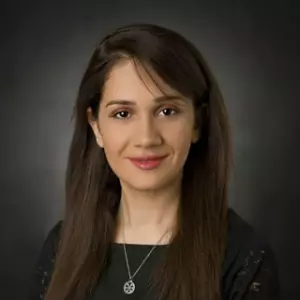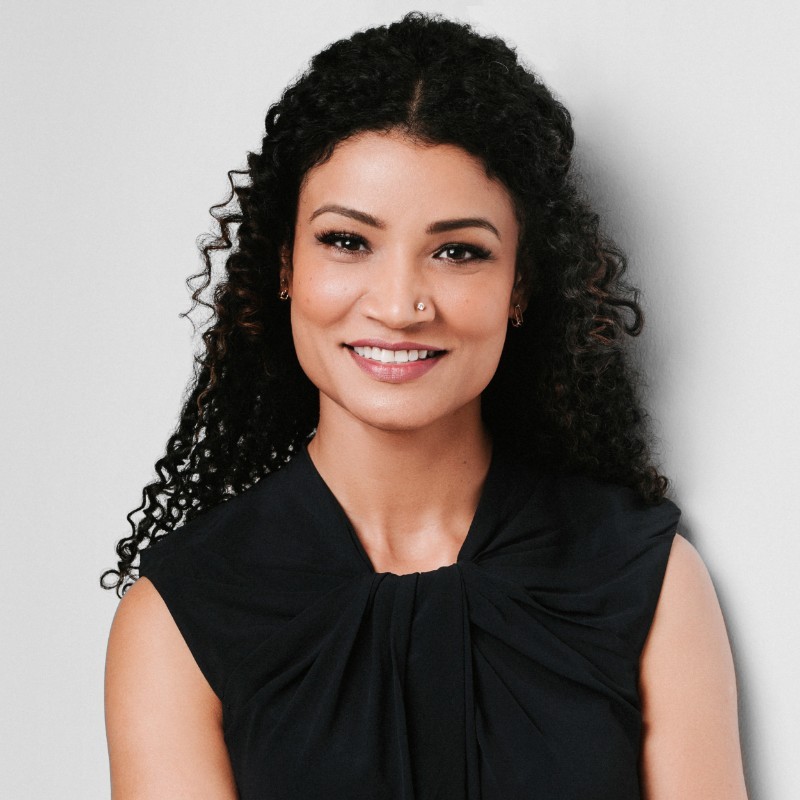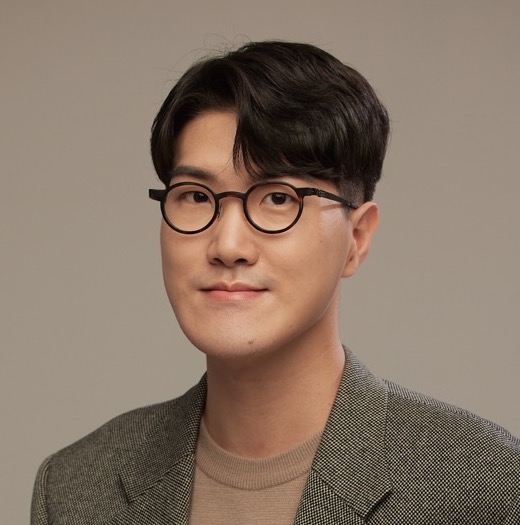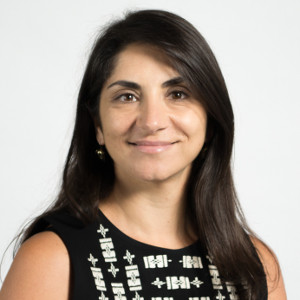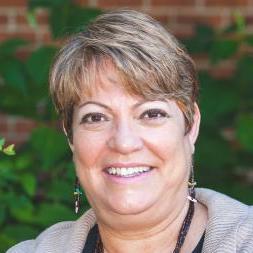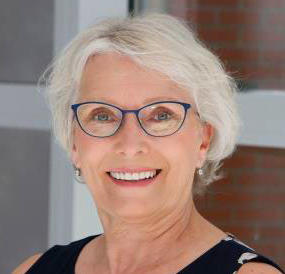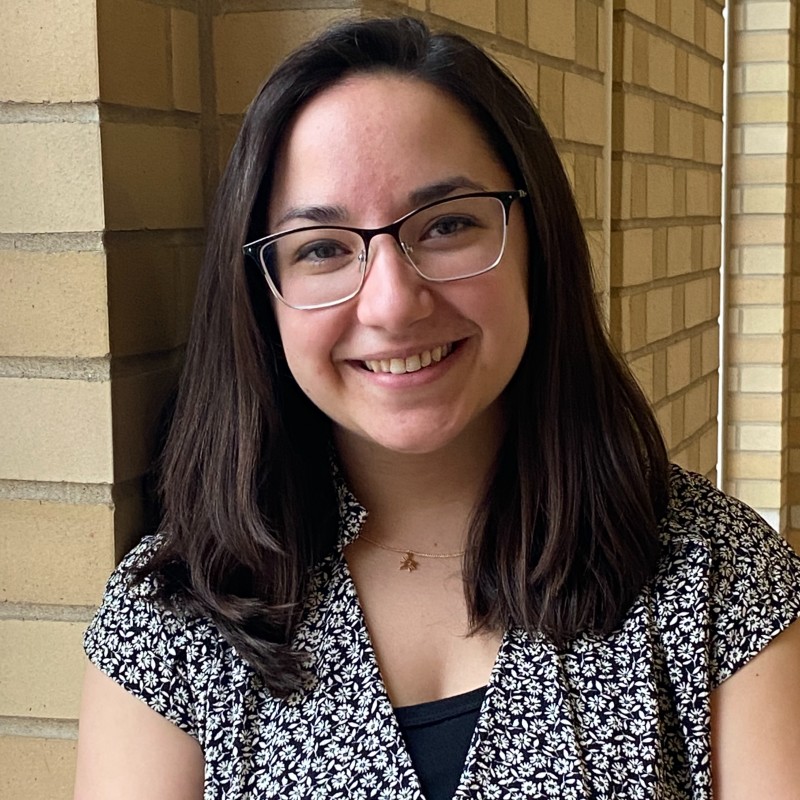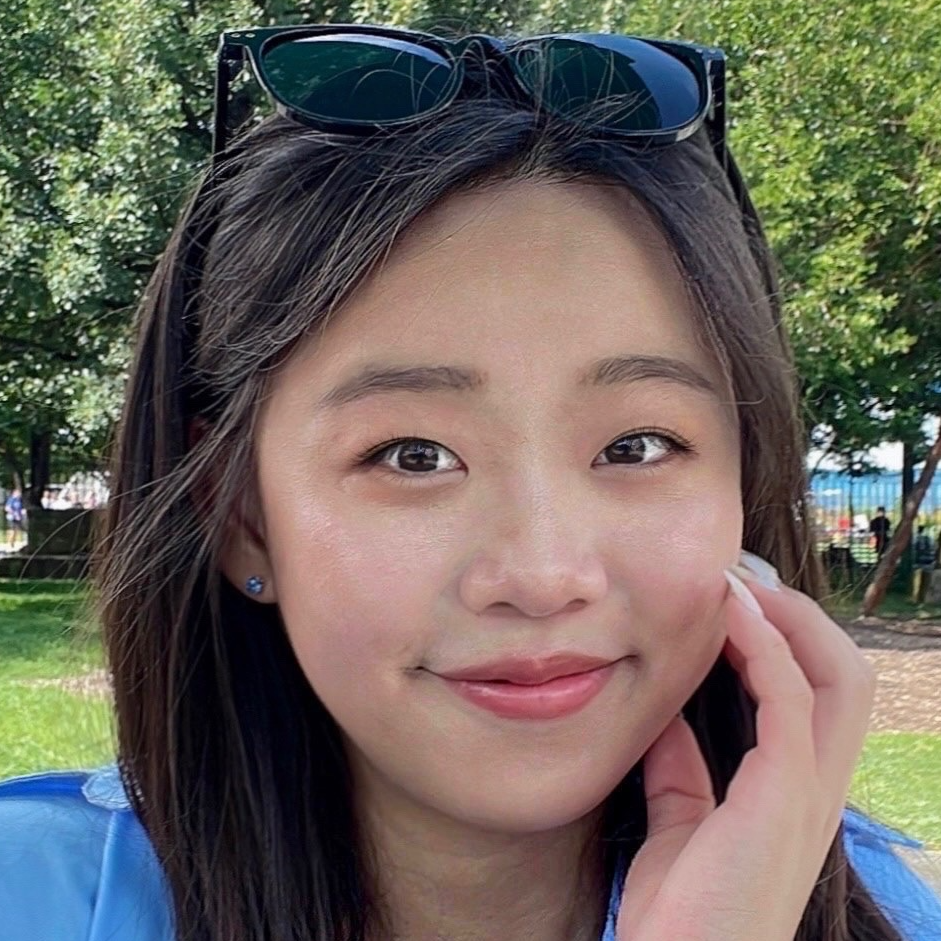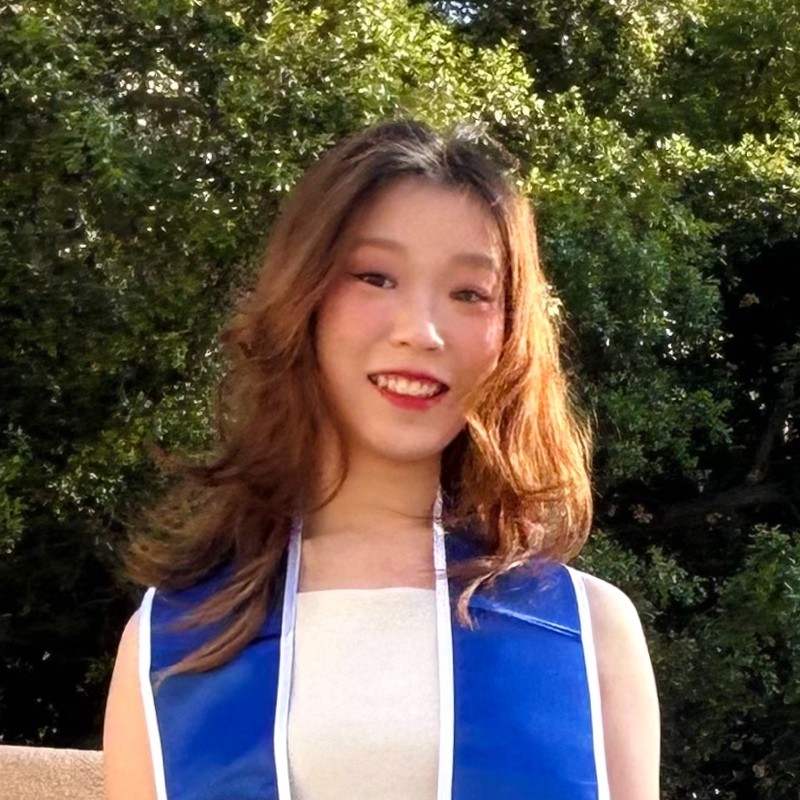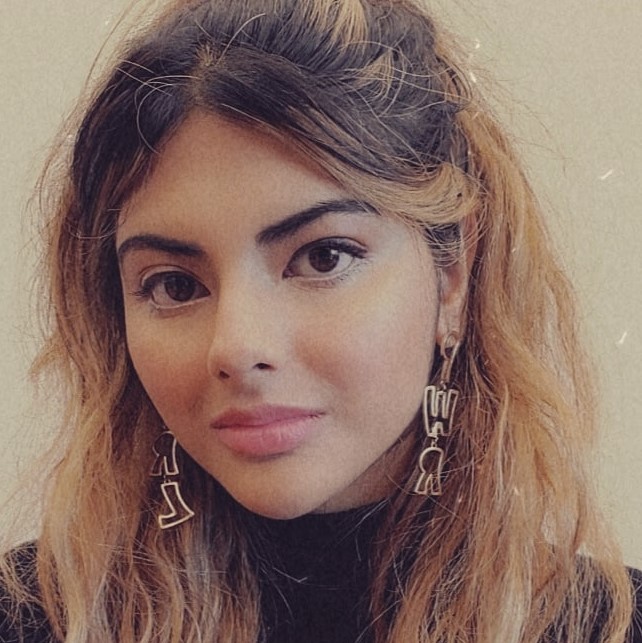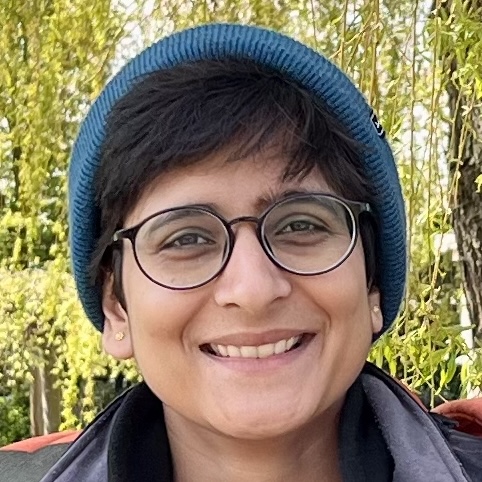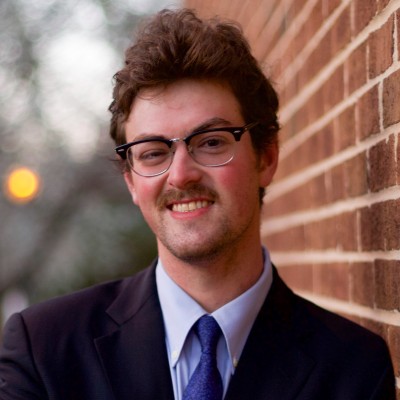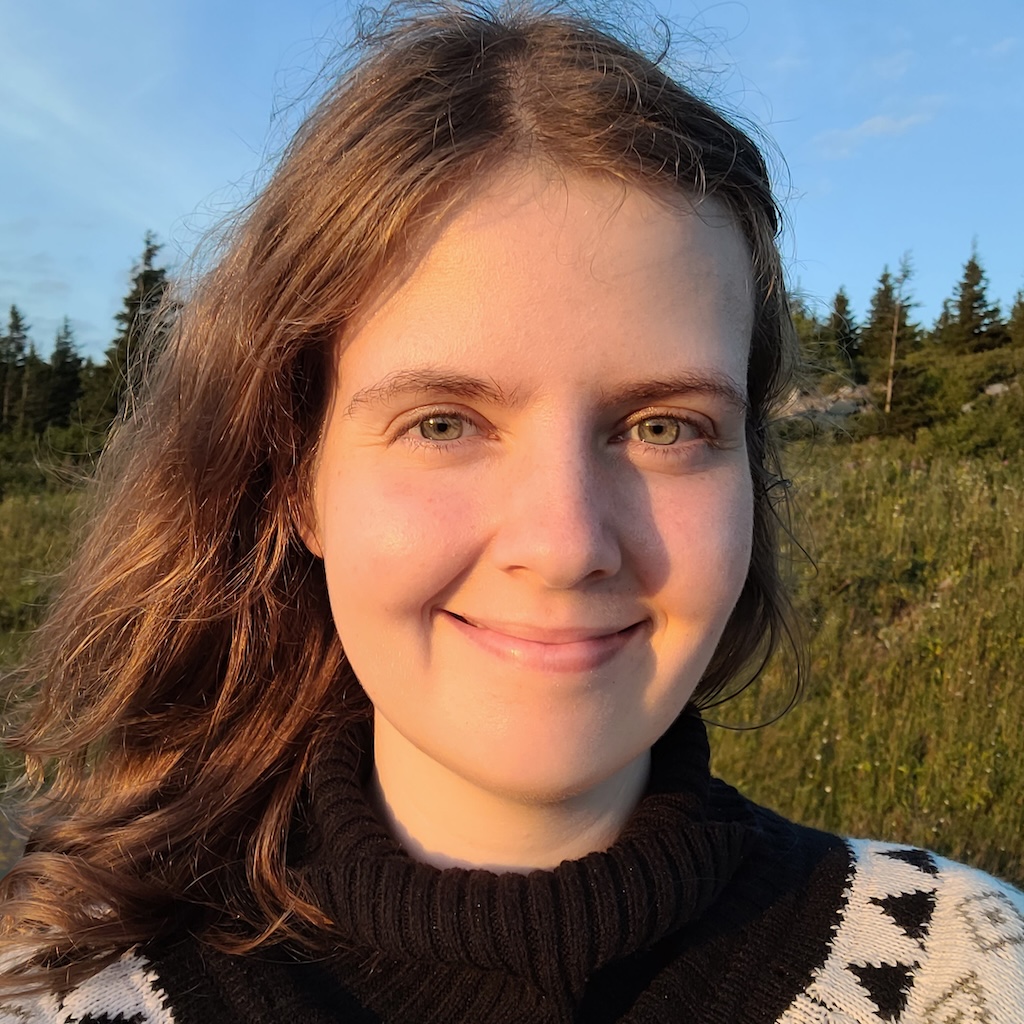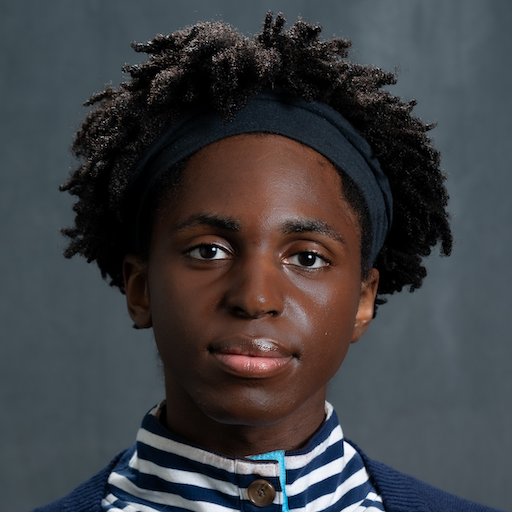
Welcome to the VariAbility Lab at Carnegie Mellon University. Our research mission is to create inclusive workplaces where all people can be successful, without discrimination, especially those with disabilities and the neurodivergent.
Our current research projects focus on creating accommodative physical work environments, collaboration tools that facilitate communication between people with differing abilities, and educational programs that teach communication skills and improve social relationships between team members.
We are recruiting students (Masters and Undergraduates) for Spring 2026. If you are interested in working on any of our projects, please get in touch! Include your CV and a brief description of some research you'd like to do.
News
-
October 12, 2023
UMD Tech Tool Aims to Make Workplaces More Inclusive for Autistic People
Video Platform Designed by Neurodiverse Team Could Improve Communications for All
Read more » - January 02, 2023
Research
Patchworks
We are exploring how developers use, understand, and make decisions about patches during debugging tasks to help developers fix bugs, fast. Though tools that automatically fix programs are becoming more effective, they are unable to fix many types of bugs and have the potential to create patches which may look correct, but aren’t. As a result, humans are essential to the debugging task and they must review and edit patches created by tools before applying them. Successful strategies people use when debugging with patches remain less studied, and decisions about patch correctness can be difficult. With an understanding of developers’ strategies when using machine-made patches, we will be able to more effectively build usable repair tools and intervene when debugging goes wrong.
Supportive Tools for Anxiety Reduction in Testing (START)
We are exploring the effectiveness of interventions to reduce test preparation anxiety among students with ADHD. We are experimenting with organization and mindfulness-based interventions to lower anxiety levels and increase preparedness in high-stakes testing scenarios, such as college entrance exams.
Knitted Stim Objects
We are exploring autistic stimming and the material experiences of autistic adults. We design and fabricate artistic, bespoke stim objects by applying novel programming techniques and innovative materials to automated knitting machines.
Preparing Autistic Students for the AI Workforce
We teach AI, communication, and teamwork skills to autistic community college students in a 10-week online course. Afterwards, we facilitate our students to obtain AI-focused summer internships where they can practice what they learned and increase their access to AI careers. We use a strengths-based approach to provide strategies and supports that allow individuals with autism to engage confidently, competently, and with a positive sense of self when navigating the complex and challenging social environment of the workplace. This is a collaboration with SureStart, an AI-focused education startup.
Neurodiversity-Aware Platform for Education (NAPE)
An accessible and inclusive platform for eliminating cognitive barriers in pedagogical material
The NAPE project aims to improve the accessibility of educational materials by adapting them to the cognitive styles of individuals, including those with ADHD, dyslexia, and autism. It seeks to create an inclusive learning environment by removing traditional learning barriers.
FIT
Facilitating Autistic/Non-Autistic Workplace Inclusion through Technology
Conversations between autistic and non-autistic people can go awry due to differing cognitive styles. Challenges that arise in workplace conversations such as job interviews or performance evaluations can lead to poor outcomes for autistic employees. FIT employs AI to identify verbal and non-verbal conversational cues that signify when interactions are going poorly. Our goal is to facilitate conversations and help the conversants repair miscommunications and misunderstandings.
This year, we are running two projects. The first is to build a prototype video calling platform built on top of WebRTC that can facilitate our studies of autistic/non-autistic 1:1 conversations. The second is to analyze a corpus of 1:1 video conversations for critical moments that lead to problems in the conversation and subsequent conversational repair. We will develop a set of metrics to identify good and bad moments in conversations.
Collaborative Blockly
We are enhancing Google’s Blockly programming environment with functionality to create virtual spaces where autistic youth can learn to work with others through scaffolded, supportive interactions. Our system will help them manage how and when they interact with each other, for example by building collaboration skills in stages in which they can code in the same project but maintain a carefully scaffolded separation of effort. This will ease the coordination skills required to simultaneously edit code with one another and scaffold the social interactions required to integrate independent work into a shared project.
Socially Acceptable Assistive Technology
Despite their advanced functionality, much of assistive technology (AT) is rejected or abandoned by individuals with disabilities. We explore how AT can influence the social standing and elicit stigma, and propose designing for systems to fit users’ social contexts. Our current focus is on developing ADHD-centered executive functioning support tools (ACES).
Neurodiversity @ Work
Our mission is to support the preparation, recruitment, persistence, advancement, and management of neurodivergent individuals in the workplace. We will mentor and support neurodivergent students to succeed in their educational goals in high school, college, and beyond. In addition, we focus on creating educational pedagogy to teach neurotypical coworkers how to work best with their neurodivergent colleagues.
We run the Neurodiversity at Work Research Conference series, which was held in 2018, 2019, 2021, 2022, 2023, and 2024.
The 7th Annual Neurodiversity at Work Research Conference will be held in Pittsburgh, PA on May 19-21, 2025.
Andrew Begel also founded the Southern Great Lakes Region Neurodiversity at Work Hub.
INTENT
Interactive Tool for Empathy in Neurotypicals
Neurotypical people can’t always tell when their autistic colleages are experiencing distress from sensory overstimulation. A resulting lack of empathy can lead to stigma and discrimination against those autistic colleagues. Our goal is to help neurotypical people become better allies towards their autistic colleagues by educating them about autistic experiences. We center the autistic person’s perspective in an immersive VR lesson to explain the effects of sensory overstimulation and tell neurotypicals how they can help. Better understanding will lead to improved empathy.
GRACE
Gesture and Gaze Recognition for Accessible Collaborative Environments
Sighted people generally used visual and pointing references to indicate areas of interest when speaking to collaborators. However, blind and low vision people cannot understand these references. This leads to miscommunication, impeding their ability to pay attention to the same things and preventing effective and efficient collaboration. The GRACE project combines gaze and gesture recognition to locate areas of interests and identify the objects on the screen they may be referencing. Our system converts these references into a written form suitable to be announced via screen reader, thereby reducing the burden for blind and low vision users to locate the referenced object.
People
Faculty
Collaborators
PhD Students
JiWoong (Joon) Jang
Gabrielle Ohlson
Kaia Newman
Eryn Ma
Ren Butler
Postdocs
Masters Students
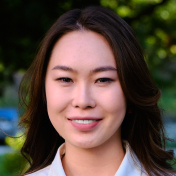
Qiaoqiao Ma
Undergraduate Students
Parishi Jain
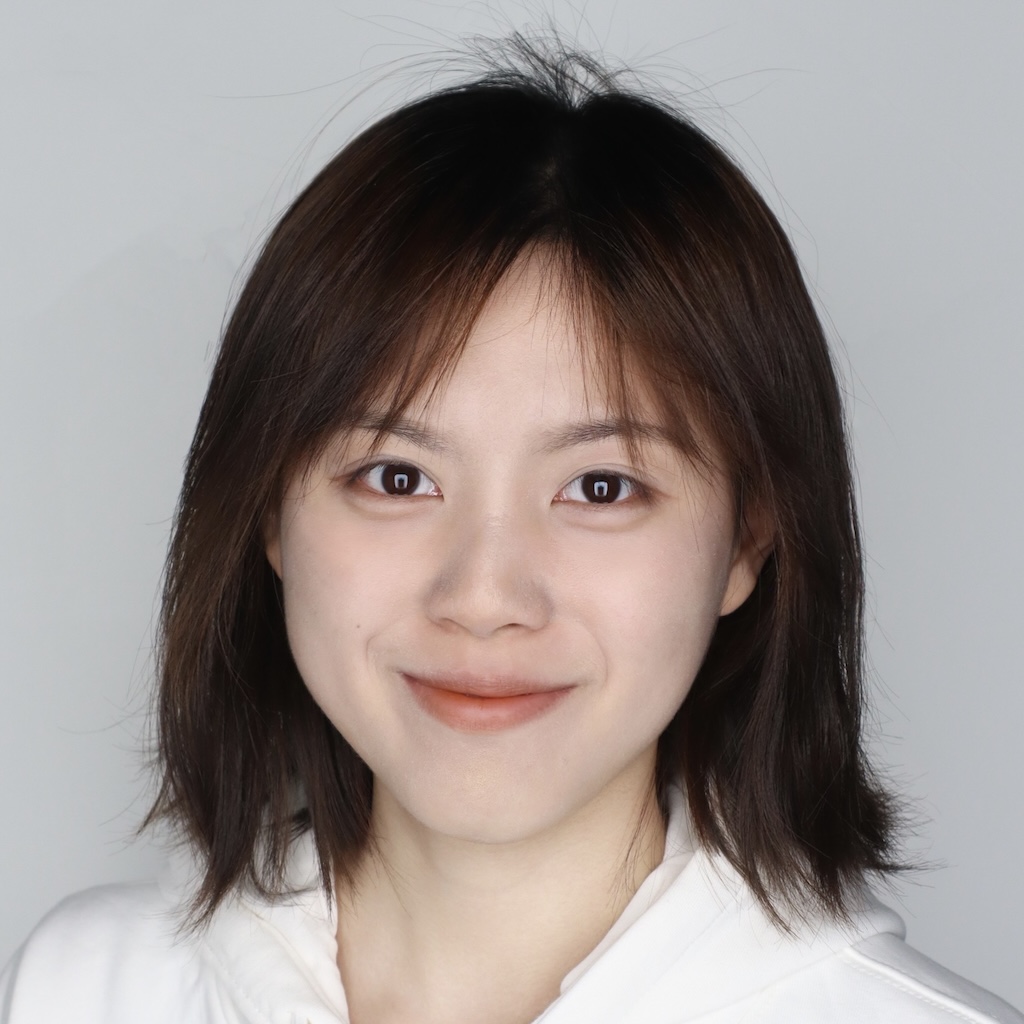
Jiayang (Jasmine) Shi
